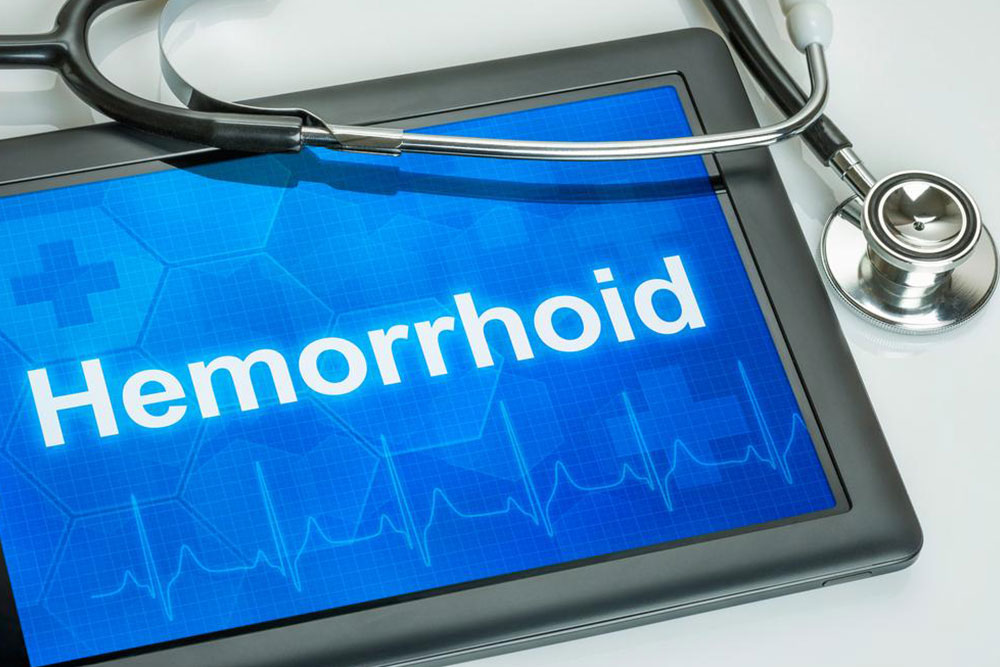What are the causal factors of hemorrhoids?
At least one out of five adults experience hemorrhoids from time to time. You may experience bleeding, itching and discomfort in the affected areas. Hemorrhoids, also known as piles, are swollen veins in the lower rectum and the anus region of the body. It is a result of increased pressure or strain on these particular veins.

Hemorrhoids occur when the veins in the lower rectum stretch due to heavy pressure. This causes the area to swell and bulge. Internal hemorrhoids develop inside the rectum. External hemorrhoids develop under the skin and around the anus. There are multiple factors that can cause hemorrhoids.
Aging
Hemorrhoids are common among older people between 45 and 65 years. The supporting tissues near the lower rectum and anus tend to stretch and weaken over time. This is why they are more likely to occur due to aging. However, children and young people also are at risk.
Pregnancy
Hemorrhoids are common during pregnancy. It is often known to appear during the 3rd trimester. As the size of the uterus increases, the pressure in the vein increases too, causing it to bulge. Prolonged standing during pregnancy may also cause increased pressure which in turn contributes to hemorrhoids.
Constipation
Conditions like chronic constipation or diarrhea require forcing pressure during bowel movements. Straining during bowel movements may enlarge varicose veins in the rectum. Increased pressure on the veins near the anus area or rectum leads to hemorrhoids.
Prolonged sitting
Sitting for a long period of time, particularly on the toilet puts extra stress on the blood vessels. Avoid sitting for long periods of time to decrease the risk of hemorrhoids.
Obesity
People who are overweight generally tend to get hemorrhoids. The excessive body weight puts pressure on the veins of the anus and rectum. Though it is common in obese people, it can be painful and irritating. Eating a high-fiber diet and drinking plenty of fluids can prevent Hemorrhoids. Staying active through exercise can help strengthen the veins in the affected areas.
Low-fiber diet
You can treat and prevent hemorrhoids by following a regular low fiber diet. Insoluble fibers found in cereals, fruits and vegetables strengthen the stool structure. A low-fiber diet improves digestion, improves bowel movements and prevents constipation.
Other causes
Another cause of hemorrhoids includes lifting heavy objects again and again. Inheriting family history of loose veins or weak stools is another cause. This can also lead to developing hemorrhoids if not taken care of early.
Many options are now available to treat hemorrhoids. You can try various homemade treatments and make effective changes in lifestyle to ease the pain. One of the best ways to prevent hemorrhoids is to follow a diet high in fiber. Make sure to stay active throughout the day and drink plenty of fluids.











